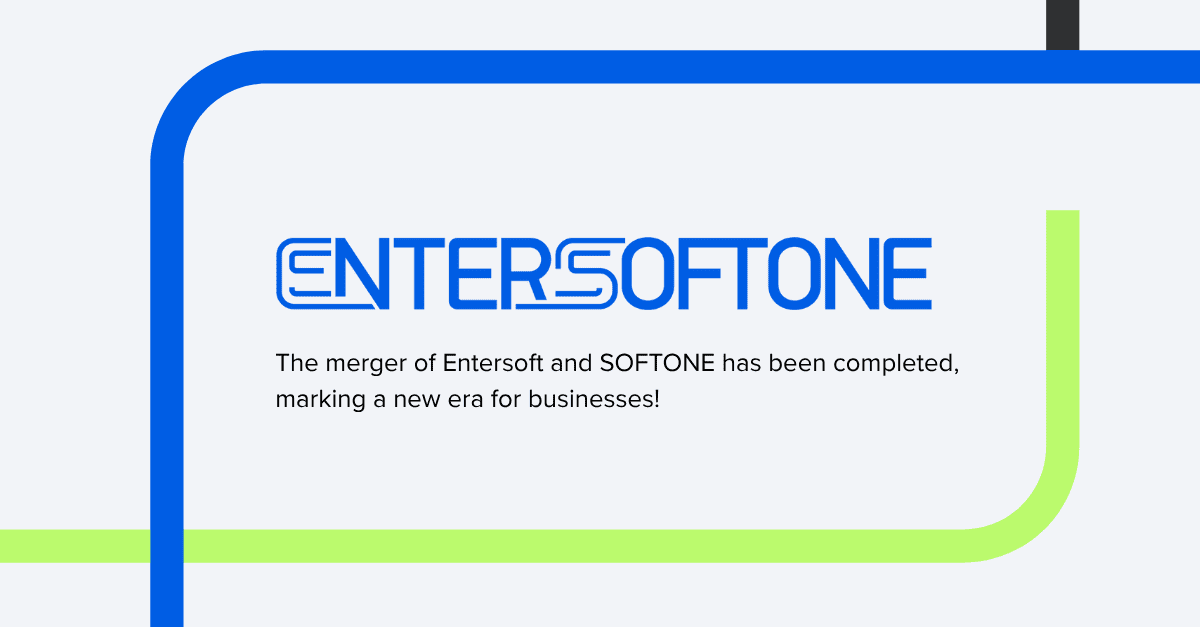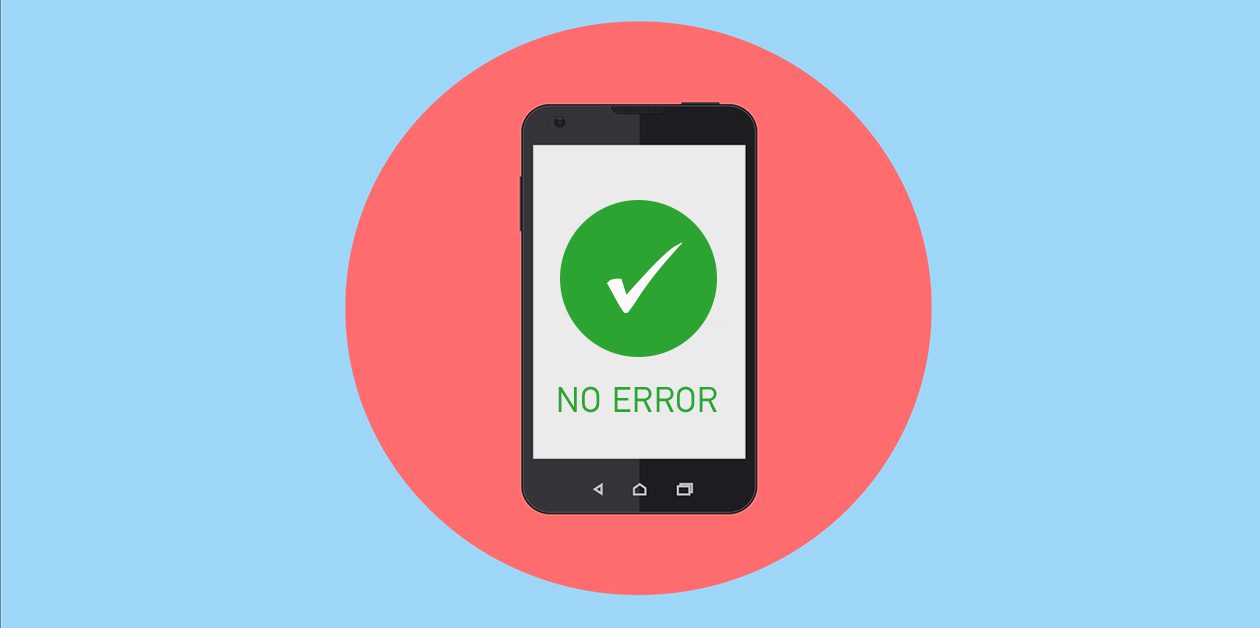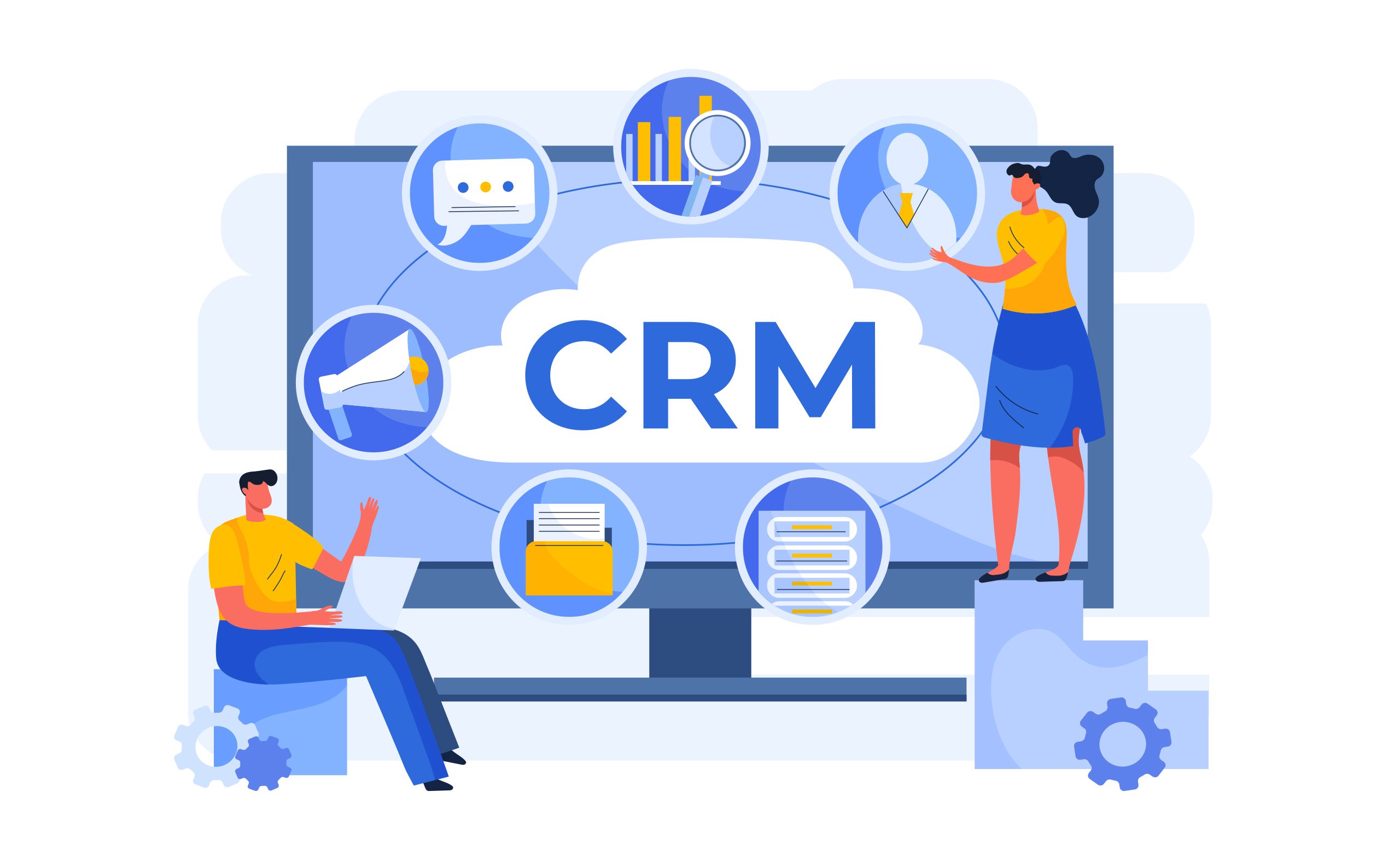Share
Read also

News & Events
ENTERSOFTONE: The merger of Entersoft and SOFTONE has been completed, creating the largest provider of business software products and services in Greece and Southeast Europe.

Mobility
Outlook for the BYOD and EM market from 2025 to 2035

Cloud
The Cloud CRM market will see impressive growth by 2033

Mobility
Key trends in Sales Force Automation
The CRM landscape has undergone significant changes in the last decade. Cloud services are now a pre-requirement, and AI is no news either. And among everything else, marketing and sales automation services and tools are on the rise. So, let’s take a look at some of the latest trends.
The establishment of machine learning
At first, applying machine learning to CRM data was a difficult process for many, as it required specialized personnel, developers and a concrete strategy. The only other alternative was to develop in advance and maintain an end-to-end integration between the CRM system and an external machine learning service. All these restrictions do no longer apply, as machine learning can be directly integrated with CRM solutions. And while the process is still at its early stages and adoption rates are initially low, it is safe to say we are on the right path.
Customers and the role of data
Competition among businesses trying to expand their customer base, is truly intense. In order to succeed, they need to acquire a more comprehensive view of their existing clientele, which means they need access to data. In many cases, insufficient data actually leads to losing customers, so the only way for any business to succeed is by adjusting its behavior towards data management and in particular, by streamlining the outdated practices pertaining to customer data storage. For example, keeping offline data is now considered an inadequate practice, as is fragmented data storage and monitoring by different people employed in marketing, sales, service and the supply chain. Using analogue productivity tools means that crucial information, such as information about calls and meetings, will not be included in your CRM system.
CRM functionalities
Some businesses have already started expanding the use of their CRM system beyond sales, so as to include marketing support and so on. Nevertheless, the next CRM trend comes from a very different area: operations and customer service. Having access to this data, managers will be able to decide how and when they should surprise their customers. This trend is further enhanced by the data offered by IoT sensors since, with all this information combined, your CRM can now help you adopt a preventive approach, instead of waiting for a dissatisfied customer to come forward and then try to resolve any problem that may have arisen.
On-premise systems belong to the past
It may be true that cloud CRM has not been the first choice for some time, but this is no longer true. According to different surveys, 80% of CRM sales pertain to cloud solutions and the only reason this percentage is not higher, has to do with the operational restrictions imposed on certain industries, such as stock-exchange services. So, it is time for CIOs still insisting on having on-premise solutions to reconsider their strategies. As time passes, finding vendor support and competent people to maintain legacy systems, will only become harder.







